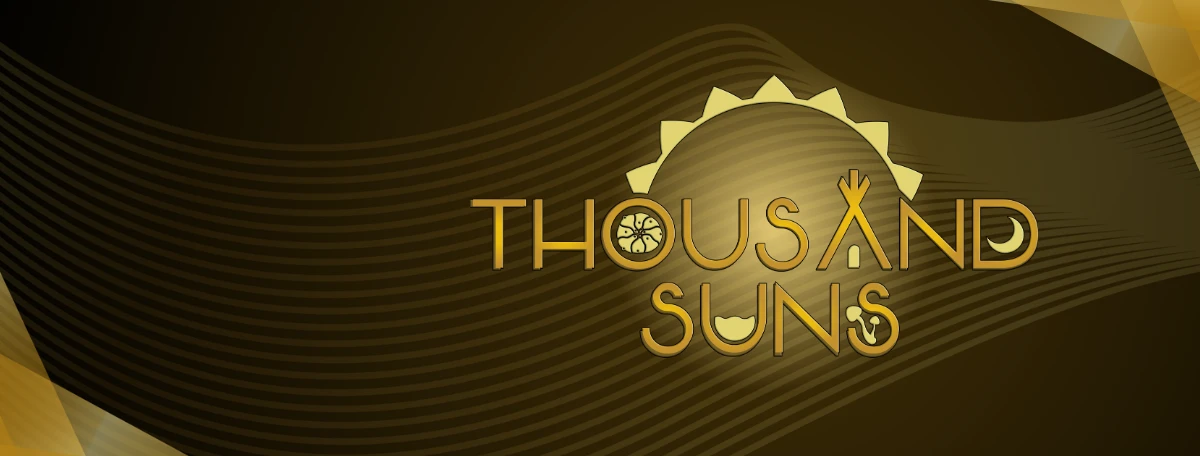Observing the Mind’s Relentless Stream
In the stillness of our consciousness, we become keen observers of our thoughts, fears, and self-imposed limitations. The mind often behaves like an unceasing current, revealing unconscious beliefs we hold onto—beliefs that may have little to do with the true meaning of life. Instead, these beliefs often serve as defense mechanisms, preventing us from expressing our authentic selves and finding the greatest fulfillment in our existence.
Fear of judgment, rejection, and responsibility can cloud our essence, keeping us at arm’s length from the divine. Like armor, these fears offer a false sense of protection while blocking our inner light and our capacity to fully embrace who we are.
Ancient Teachings and the Call to Introspection
Traditional philosophies remind us of our inseparable bond with the Creator. From the Rastafarian principle of “I and I” to the Lakota concepts of Niyan and Nagi, these teachings emphasize our unity with the divine and the essential role self-awareness plays in that connection.
As I embarked on my own journey inward, these concepts resonated deeply. They revealed the internal narratives—feelings of unworthiness and fear—that had hardened into emotional armor. Paradoxically, by trying to shield ourselves from possible pain and disappointment, we sometimes shroud the very divine spark that seeks expression through us.
“Between You and the Creator”
My elder, Brian Gibson, once reminded me that “This is between you and the Creator.” These words point to more than just a spiritual distance; they highlight the metaphorical journey we undertake within ourselves. To truly bridge that gap, we must acknowledge, express, and release our emotions—letting them flow until we develop the courage to live our dreams and realize our full potential.
When our inner life is weighed down by unresolved insecurities, we project these narratives onto the world around us. If we feel secure, the outer reality tends to reflect that energy. If we harbor doubt or fear, life has a way of sending experiences that mirror and challenge those insecurities—providing opportunities for growth and self-empowerment.
Inheriting Karma and Shaping Collective Consciousness
Each of us enters life carrying familial karma and imprints of different historical periods. These energies shape our identity and reverberate through the collective consciousness. It is said that God wishes to experience every aspect of creation—chaos and calm, beauty and mess.
Musician Mike Love offers an invitation to transform these heavier energies: if there is hate in your heart, sing it out, write it down, give it a voice. By acknowledging and articulating our pain, we invite it to move through us and alchemize into love. When we suppress these emotions, they may manifest as recurring pain and trauma, distancing us from our true selves and perpetuating an illusion of separation.
Iktomi and Coyote: The Wisdom of Tricksters
Native American mythology introduces us to two significant figures: Iktomi and Coyote. Both are tricksters, but each offers unique lessons:
- Iktomi represents the complex layers of human nature. In our insecurities and fears, we can trick ourselves into self-sabotage, much like Iktomi weaving snares of deception.
- Coyote symbolizes resilience and adaptability, guiding us on winding paths that ultimately return us to our purpose.
These archetypes underscore the importance of embracing every facet of ourselves—even those hidden away in shadow. By understanding our own inner trickster, we move closer to self-awareness, and through adaptability, we gain the tools necessary to fulfill our potential.
Confronting the Ghosts of Our Past
The question then emerges: Will we continue to evade the illumination of our “Nagi”—the spectral embodiments of our past incarnations and unloved parts of ourselves? When our ego deems certain aspects unworthy or unlovable, we end up haunted by these fragments, resulting in a subtle but pervasive dissonance within our being.
Only by facing these ghosts can we find reconciliation, acceptance, and integration—harmonizing with our authentic selves and embodying the profound love that exists in our divine nature.
Carl Jung and the Power of Emotional Authenticity
Modern philosopher and psychiatrist Carl Jung dives deeply into these themes of self-realization. He teaches that by acknowledging our shadows, we unlock our full life force rather than deny any dimension of our being.
When stories become entangled in our emotional and physical fibers, they can ferment into mental rumination and, at times, manifest as dis-ease. These buried narratives lurk like haunting echoes, influencing our present experiences and shaping our future dreams. Bringing them into the light dissolves barriers to spiritual and emotional growth, cultivating healing, acceptance, and self-love.
Embodying Vulnerability and Trust
The teachings of Iktomi and Coyote, coupled with Jung’s insights, remind us that embracing our complex selves—flaws, fears, and all—paves the way to authenticity. Stepping forward with vulnerability, respect, humility, passion, discipline, devotion, adaptability, and acceptance invites us to dwell fully in the present and connect with our divine nature.
By surrendering and trusting the process, we align ourselves with the cosmic flow and can manifest our true purpose. This is an ongoing cycle—one that demands patience, dedication, and unconditional self-love.
A Constant Process of Becoming
As we continue along this winding path, it helps to remember:
- Release fears, insecurities, and attachments.
- Open to the limitless possibilities within and around us.
- Trust in our connection to the Creator, which fuels our transformation.
In fully immersing ourselves in this journey of self-discovery and spiritual evolution, we learn to love with boldness and establish boundaries from a place of compassion. We are divine beings, each on a unique path of growth, healing, and transformation. May we embrace it wholeheartedly, breathing in the support of the universe with every step forward.


